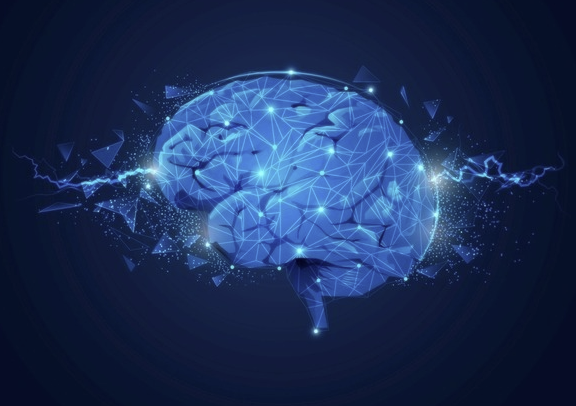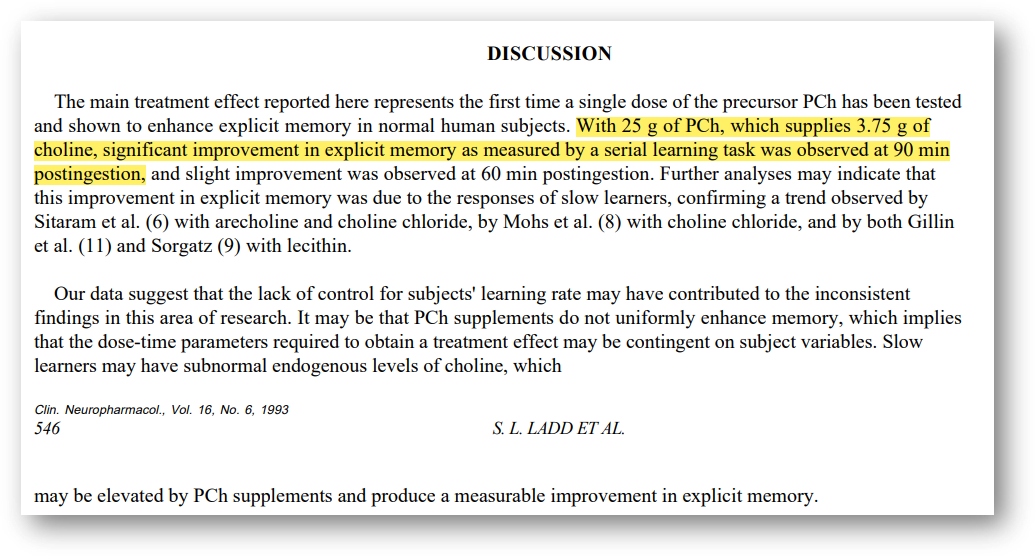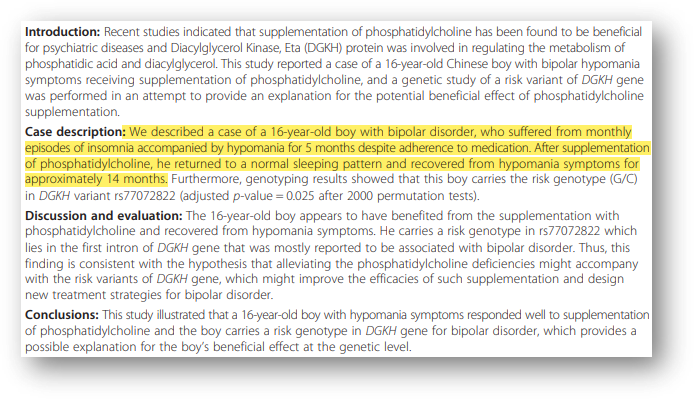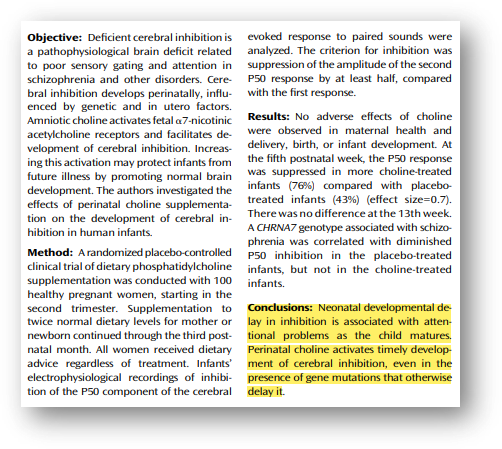Phosphatidylcholine, which supports brain health and brain development.
memory in learning tasks2. Improving
bipolar disorder in adolescents

Hello. I'm a pharmacist Jinny.
There are some organs of the body that are considered the most important throughout life, but which most people don't particularly take care of. It's the brain. In fact, brain cells begin to deteriorate after the age of 30, and unlike other cells, it is known that they cannot be rebuilt once they are damaged, so it is important to maintain healthy brain cells through constant care [1].
But maintaining healthy brain cells is not so easy. Constant stress and tension promote fatigue in brain cells, depression and nervousness. Psychological factors such as nervousness also play a role. Not to mention sleep deprivation or excessive alcohol consumption [2]. To put it simply, most people, from examinees to office workers, are in an environment where their brain health is threatened.
Today, I would like to introduce you to an ingredient that can help protect the brain health that is threatened in our daily lives. Not only is it more abundant in brain cells than in other cells, but it is also used in the brain to synthesize acetylcholine, a neurotransmitter that regulates learning and memory formation.
Phosphatidylcholine is a phospholipid similar to phosphatidylserine, which is known as a functional ingredient for brain health, and is characterized by the fact that the head of the molecule is made of choline. In a cohort study, phosphatidylcholine intake was associated with language proficiency and memory [3]. Now, let's take a closer look at phosphatidylcholine through academic research.
Earlier, I mentioned that phosphatidylcholine is used to synthesize acetylcholine, a neurotransmitter that regulates learning and memory formation. Over the past few decades, extensive research in academia has consistently reported that acetylcholine regulates several cognitive functions, and numerous studies have demonstrated that when acetylcholine is secreted or utilized, learning and memory are improved [4].
So, does taking phosphatidylcholine, which is used to synthesize acetylcholine, improve learning and memory? Ladd, S. L, and the colleagues (1993) conducted a clinical trial to answer these questions. A clinical trial of 80 college students reported a significant improvement in extrinsic memory* following the supplementation of phosphatidylcholine [6].
*Exclusive memory: A type of long-term memory, which refers to memories that can be consciously perceived. It is also called declarative memory because it can be expressed verbally, and it is typical to store and recall knowledge gained through learning [5].

Bipolar disorder, also called bipolar disorder, is a type of mood disorder characterized by recurrent episodes of mania in which the mood is high and confident, and depressive states in which the mind sinks. It has been identified in several studies as a problem with the function of brain cells and neural networks, and it is known that it is caused by genetic factors, biochemical imbalances in the brain, and stress [7].
As you can see, bipolar disorder has a variety of causes, but problems with the function of brain cells and neural networks are commonly observed. As a result, human trials were conducted to find out whether phosphatidylcholine, which can help in the construction of brain cells and neurotransmitters, can contribute to the improvement of bipolar disorder. It has been reported that improvement in adolescent bipolar disorder and insomnia due to genetic factors following phosphatidylcholine supplementation has been observed [8].

As mentioned at the outset, phosphatidylcholine is abundant in the brain. Furthermore, phosphatidylcholine is one of the major phospholipids that make up cell membranes, and it is known that it can contribute to regulating gene expression and biological metabolism as well as constructing cell membranes [9].
Because of the physiological importance of phosphatidylcholine, the effects of maternal phosphatidinecholine intake on the fetus have also attracted the attention of the scientific community. Ross, R. G. and colleagues (2013) conducted clinical trials on 100 healthy pregnant women. This study reports that phosphatidylcholine supplementation from the second trimester to three months after birth prevents delayed fetal brain development [10].

"Delayed brain development in fetuses and newborns is associated with attention problems as the child grows. Maternal phosphatidylcholine intake during the perinatal period, from 20 weeks gestation to postpartum, activates normal fetal cerebral development, even in the presence of genetic factors that delay brain development."
Today, we've taken a look at some research reports on phosphatidylcholine, an ingredient that may support important brain health. Taken together, phosphatidylcholine appears to be similar to phosphatidylserine in aid of memory and mood disorders, and similar to choline, it is thought that it may support fetal brain and cognitive development when ingested by the mother.
In addition, it can be said that it is a fairly safe ingredient to consume in the fact that there were no side effects on the mother and baby in the human body application test on pregnant women. Of course, if you're actually going to take phosphatidylcholine-containing products during pregnancy or lactation, you may need to be careful about other ingredients, so it's best to check with your doctor.
I hope you have a healthy day in body and mind. It was Jinny.
[1,2] Ministry of Food and Drug Safety, Food Safety Administration, Health Functional Food Information <Cognitive Ability>, <Memory>
[3] Ylilauri, M., Voutilainen, S., Lönnroos, E., Virtanen, H. E., Tuomainen, T. P., Salonen, J. T., & Virtanen, J. K. (2019). Associations of dietary choline intake with risk of incident dementia and with cognitive performance: the Kuopio Ischaemic Heart Disease Risk Factor Study. The American journal of clinical nutrition, 110(6), 1416-1423.
[4] Gold, P. E. (2003). Acetylcholine modulation of neural systems involved in learning and memory. Neurobiology of learning and memory, 80(3), 194-210.
[5] Doosan Encyclopedia <Extraneous Memory>
[6] Ladd, S. L., Sommer, S. A., LaBerge, S., & Toscano, W. (1993). Effect of phosphatidylcholine on explicit memory. Clinical neuropharmacology, 16, 540-548.
[7] National Mental Health Service Portal, National Mental Health Service Portal Medical Information <Type 1 Bipolar Disorder>, Type <Type 2 Bipolar Disorder>
[8]Rao, S., Lam, M. H., Wing, Y. K., Yim, L. C., Chu, W. C., Yeung, V. S., & Waye, M. M. M. (2015). Beneficial effect of phosphatidylcholine supplementation in alleviation of hypomania and insomnia in a Chinese bipolar hypomanic boy and a possible explanation to the effect at the genetic level. SpringerPlus, 4(1), 1-8.
[9] Society for Biochemistry and Molecular Biology, Encyclopedia of Biochemistry <Phosphatidylcholine>
[10] Ross, R. G., Hunter, S. K., McCarthy, L., Beuler, J., Hutchison, A. K., Wagner, B. D., ... & Freedman, R. (2013). Perinatal choline effects on neonatal pathophysiology related to later schizophrenia risk. American Journal of Psychiatry, 170(3), 290-298.



![[Lemon Balm Dandelion Extract Complex (LD100) Benefits] 3 Benefits of LD100, a high-tech ingredient that protects liver cells](http://esther-mall.com/cdn/shop/articles/65.jpg?v=1734030179&width=480)

Comments (0)
There are no comments for this article. Be the first one to leave a message!